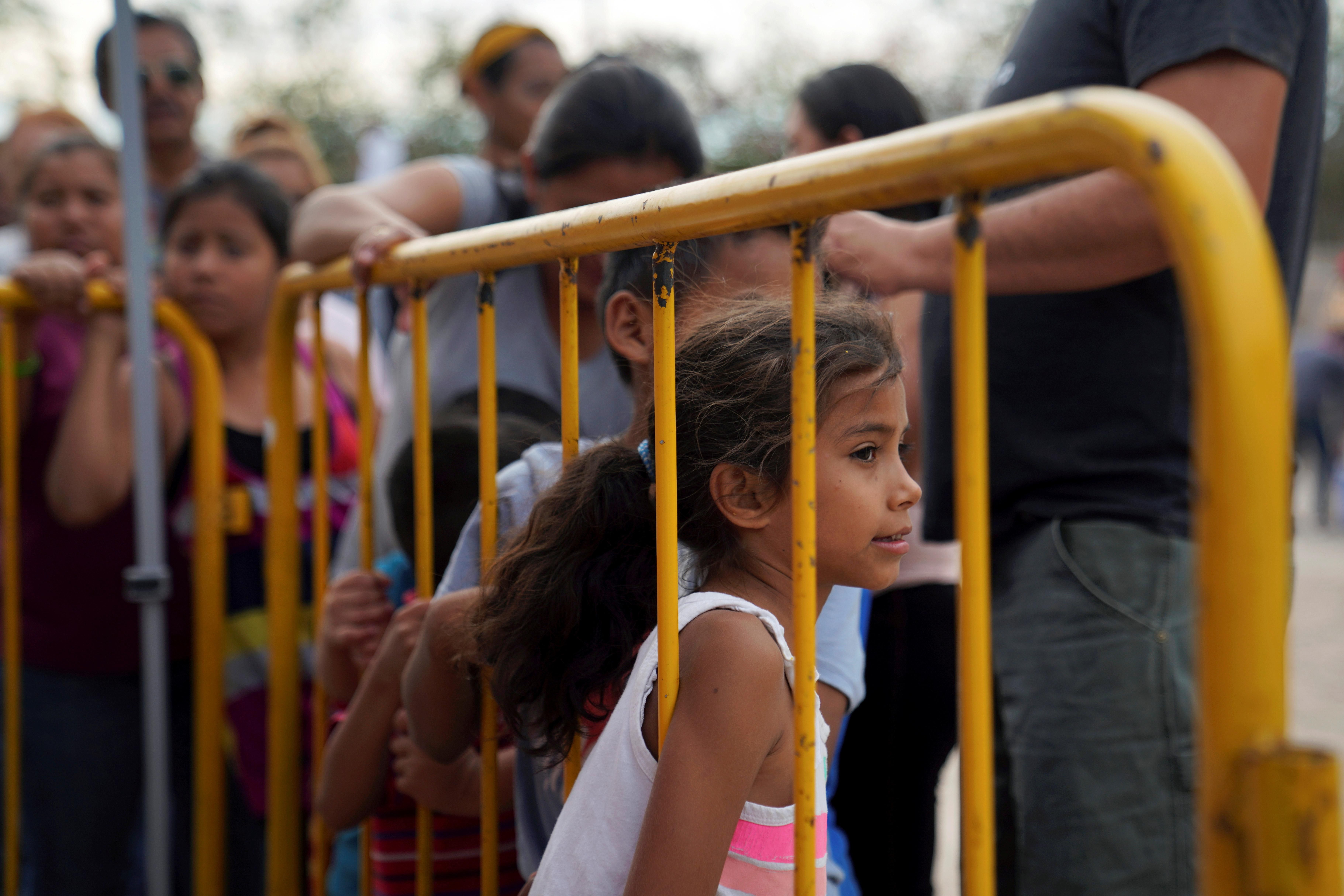"We are on pace to encounter more individuals on the southwest border than we have in the last 20 years. We are expelling most single adults and families. We are not expelling unaccompanied children." So said US Homeland Security Secretary Alejandro Mayorkas earlier this week. US Customs and Border Protection reports an average of 565 children traveling alone now crossing the border per day, up from 313 last month.
Who are the migrants? US officials say most people now reaching the US border are adults travelling by themselves, but numbers of both families and unaccompanied children are growing. There are changes in where they're coming from. With exact numbers from border officials, the Washington Post's Nick Miroff reports that the highest number of families is now coming from Honduras, the most unstable country in Central America. Many kids traveling alone come from Guatemala, where the youth population and unemployment are both high and smuggling networks are most fully developed. There are now fewer migrants from El Salvador, where the Nayib Bukele government has made progress against gang violence.
Why the surge? The transition from Donald Trump to Joe Biden in Washington has persuaded some would-be-migrants that a limited window now exists for entry into the US. Human traffickers, short on cash following the migration slowdown of the Trump years and most dangerous months of pandemic, are now eager for more income, and thus reinforcing that message. Making matters more urgent, in November two major hurricanes inflicted severe human and economic damage in Central America, particularly in Honduras.
Taking to the road is always dangerous, especially for young children. Most take this step for the same reasons that others have taken it before them: they hope to find a much better life for themselves and their families away from the violence, corruption, and poverty all around them. In particular, research published last year by Doctors Without Borders found that more than 75 percent of Central American migrants traveling with children toward the US border reported leaving their home countries due to threats of violence, including forced recruitment by gangs.
Countries along the route are struggling to cope. In January, under pressure from the US and Mexican governments, Guatemalan police turned back a caravan of thousands of Hondurans. Mexico's President Andres Manuel Lopez Obrador has warned that migrants remain vulnerable to his country's violent drug gangs, which have a history of kidnapping, sexual assault, human trafficking, and forced gang initiation of migrants. In addition, the surge in numbers of migrants entering Mexico headed north comes at a moment when COVID-19 makes sheltering migrants much more complicated.
Those who reach the US border may not find what they're hoping for. The US isn't ready for them, and the Biden administration, under intense criticism from Republicans for enabling this surge by promising to loosen Trump administration border restrictions, isn't welcoming them. Under the current policy, single adults and families are being refused entry as part of US efforts to contain COVID-19. "I can say quite clearly don't come," Biden has said to the migrants. "We're in the process of getting set up… Don't leave your town or city or community."
Mayorkas has promised a "safe, legal and orderly immigration system," including by streamlining the process by which asylum applications are filed and considered, but that will take time and prove much easier said than done. Last week, the Biden administration announced it would begin processing backlogged asylum applications for about 25,000 people that had stalled under the Trump administration's Remain in Mexico policy, but that process won't move quickly either.
Bottom line: Life on the road is hard and getting harder, but that isn't stopping larger numbers of desperate people from taking the risk in hopes of applying for asylum. Every government along their path is scrambling to prepare.